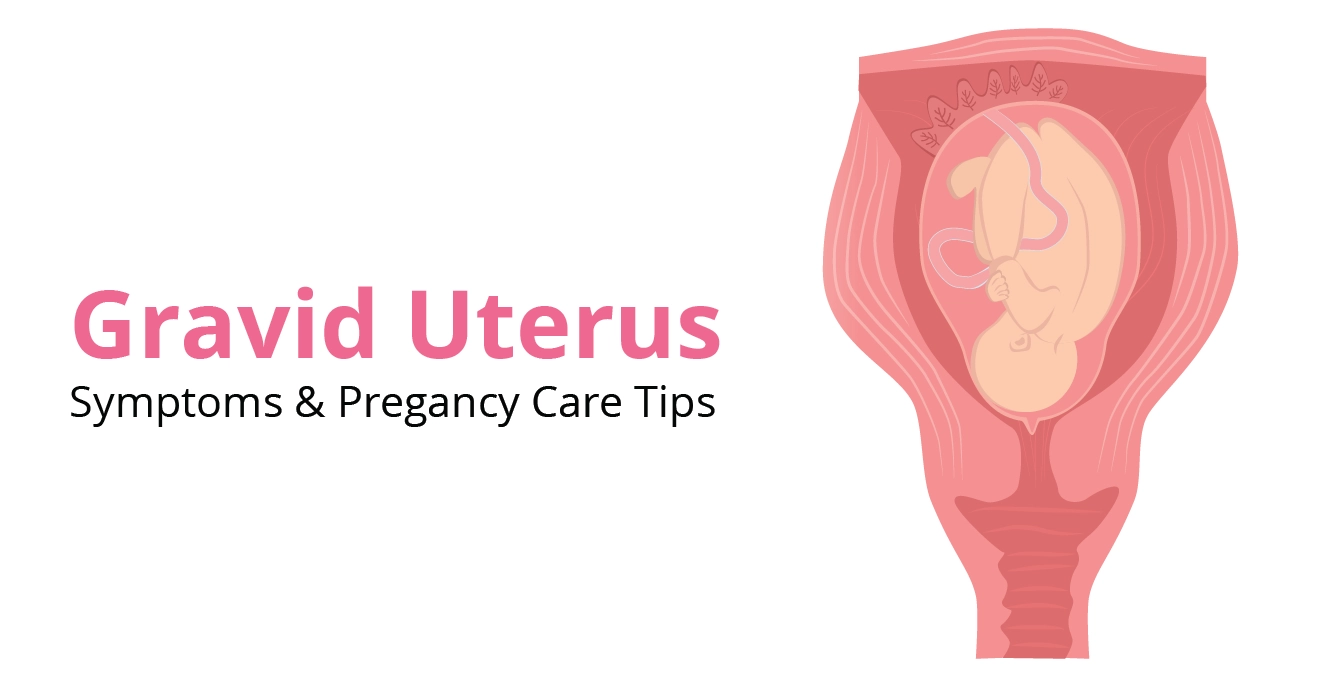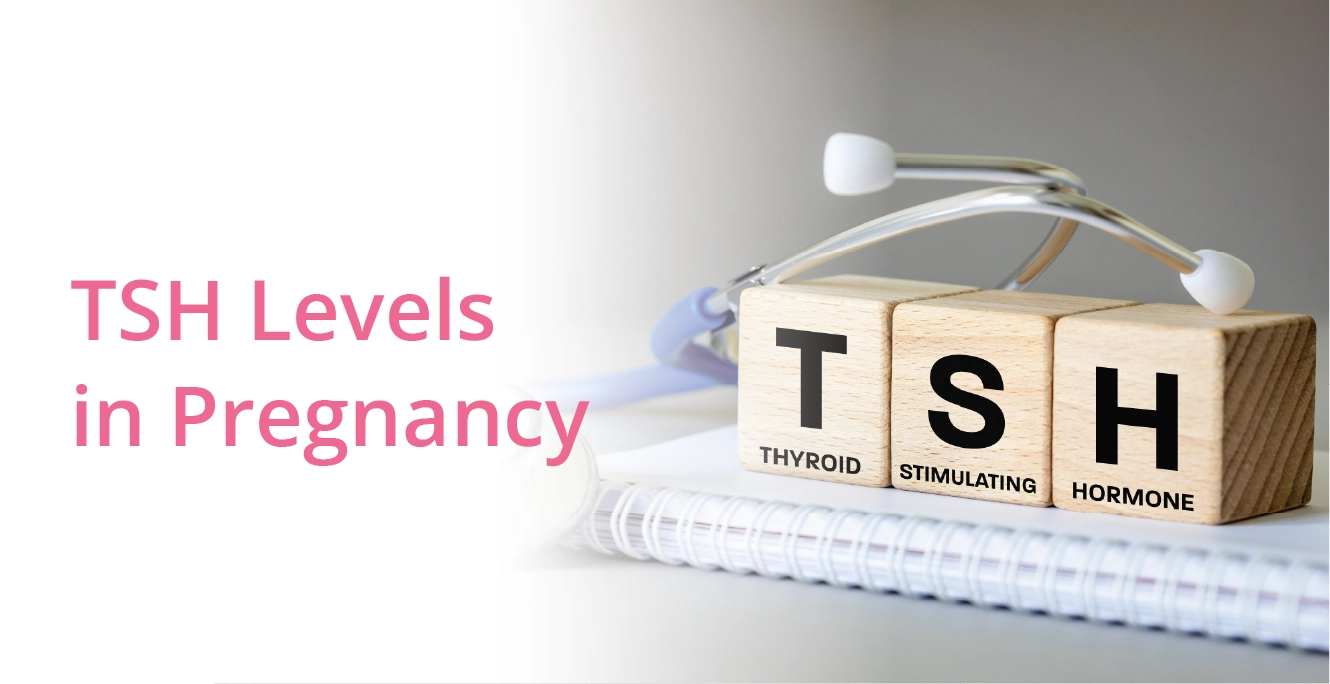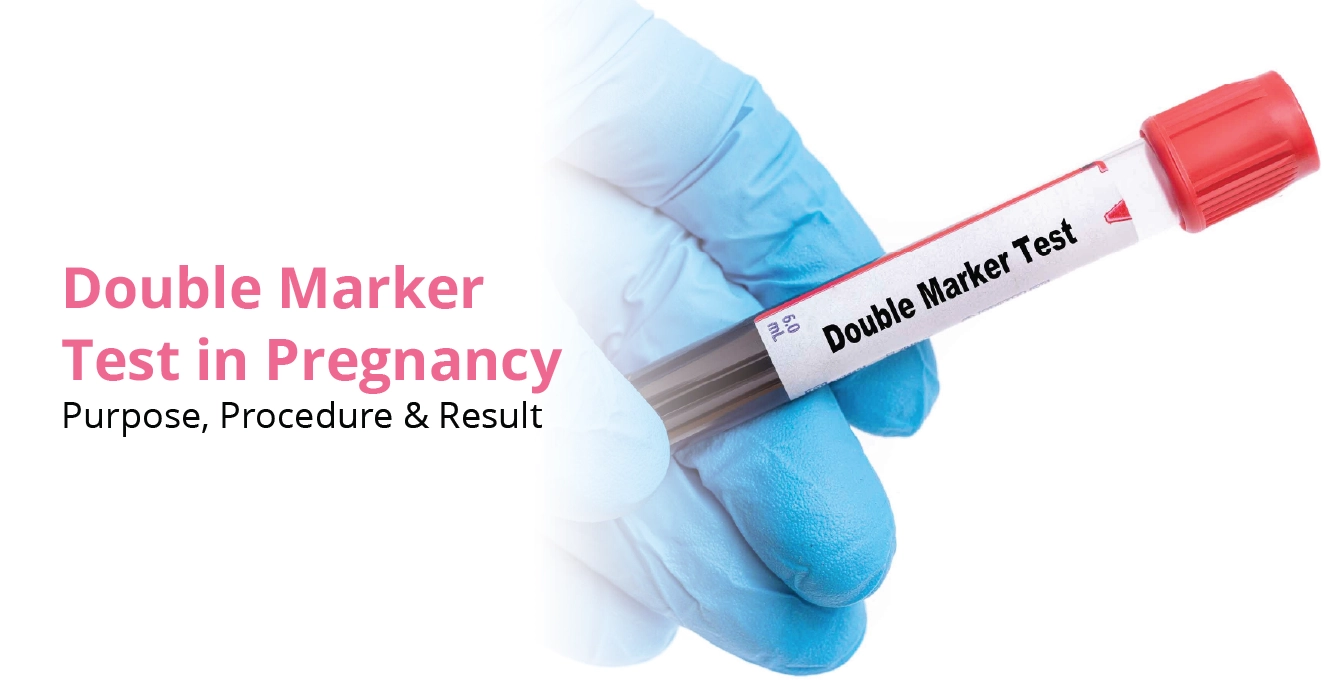
What are the Benefits of Drinking Water During Pregnancy?

Table of Contents
- Why is it important for pregnant women to drink enough water?
- How Much Water Should a Pregnant Woman Drink?
- Benefits of Staying Hydrated During Pregnancy
- Benefits of Drinking Warm Water During Pregnancy
- Side Effects of Drinking Warm Water During Pregnancy
- What is Dehydration and its Risks in Pregnancy?
- Tips To Help You Drink More Water During Pregnancy
- Monitoring and Maintaining Hydration Status
- Conclusion
- FAQs
Staying hydrated is crucial for everyone, but it becomes even more important when you’re pregnant.
The development of your unborn child depends on both the foods and beverages you consume throughout pregnancy. You will need to drink much more water to meet your body’s increasing needs as it tries to nourish your developing baby.
It’s important to stay hydrated, and drinking enough water has many health benefits. Let’s dive in and discover how something as simple as water can support a healthy pregnancy journey.
Why is it important for pregnant women to drink enough water?
Water intake is crucial during pregnancy due to the body’s increased physiological demands. Proper hydration supports various functions essential for both maternal and foetal health.
1. Encourages Body Functions
Water makes up about three-quarters of our bodies; therefore, drinking water during pregnancy is essential. It facilitates digestion, regulates body temperature, and carries nutrients and oxygen to cells, among other functions. It serves as a solvent for vitamins, minerals, carbohydrates, and amino acids in addition to removing waste from the body.
2. Promotes the Development of Infants
Water not only keeps the body hydrated but also supports the baby’s developing teeth and bones. Additionally, it supports amniotic fluid, general fluid requirements, and increased blood volume (which gives your baby the nutrition and oxygen they need to thrive).
3. Reduces Swelling
Your body tries to hold onto the fluid it already has to avoid dehydration, which can cause swelling. Therefore, drinking enough water to stay hydrated will help lessen the swelling in your ankles and feet during pregnancy.
4. Reduces Constipation
Constipation and haemorrhoids are common pregnancy issues that can be avoided by drinking adequate water. It maintains the softness and smoothness of your bowel movements. Water consumption is so crucial throughout pregnancy.
5. Lowers the Chance of Urinary Tract Infections
Regular water intake helps you eliminate microorganisms and dilute your urine. Urinary tract and bladder infections are less likely when you urinate more frequently.
Increasing your water intake during pregnancy is crucial for maintaining optimal body function. But these queries come up: How much water should a pregnant woman drink? Are you drinking enough water during your pregnancy?
How Much Water Should a Pregnant Woman Drink?
Your trimester, level of physical activity, and surroundings all affect how much water you need during pregnancy. Nonetheless, most specialists advise that expectant mothers consume 8–12 cups (64–96 ounces) of water daily. This is marginally higher than what is often advised for women who are not pregnant.
| Trimester | Recommended Water Intake |
| First | 8-10 cups (64-80 oz) |
| Second | 10-12 cups (80-96 oz) |
| Third | 10-12 cups (80-96 oz) |
These are just approximate recommendations; the requirements for water intake might vary per woman. It should be noted that excessive intake might also lead to water intoxication. Due to electrolyte imbalance, rapid water intake may lead to symptoms such as confusion and headaches. Pregnant women should aim for 8-12 cups of water daily. This amount helps ensure hydration without overdoing it to avoid complications.
Benefits of Staying Hydrated During Pregnancy
The benefits of drinking water during pregnancy can be divided into maternal and foetal. Here are some of the most popular benefits of staying hydrated during pregnancy.
1. Maternal Health Benefits
The expectant mothers can benefit from drinking water since it:
- Reduces constipation and hemorrhoids
- Softens skin
- Increases energy levels
- Keeps you cooler
- Decreases the risk of urinary tract infections
- Decreases swelling
2. Foetal Health Benefits
Drinking water during pregnancy is equally important for your baby’s well-being:
- Maintains healthy amniotic fluid levels
- Supports foetal blood circulation
- Prevents issues like umbilical cord compression and low birth weight
Benefits of Drinking Warm Water During Pregnancy
Drinking warm water during pregnancy offers distinct advantages over drinking room-temperature water.
- Encourages Digestive Health: Drinking water maintains the digestive system’s functionality. As the water moves through your stomach and intestines, your body is better able to eliminate waste. Some people think that consuming hot water can more efficiently stimulate the digestive system. Hot water can help break down and distribute food that your body has trouble digesting.
- Aids in Throat Soothing and Nasal Passage Unclogging: The warm vapour from hot water easily clears nasal obstructions that cause major respiratory problems. Breathing becomes easier and smoother as a result of the moderate vapor’s reduction of mucus blockage in the nose. Additionally, the nasal passage’s soreness and tight pressure can be relieved.
- Natural Strategies for Constipation Reduction: Lack of water can cause constipation, but drinking water helps prevent and treat the problem by making stools softer and easier to pass. Drinking warm water also helps promote regular bowel movements.
- Promotes Better Blood Flow: Effective blood circulation is crucial for reducing blood pressure and preventing cardiac disease. This improves circulation by dilating veins and arteries. Similarly, although its effectiveness has not yet been shown, drinking hot water will be beneficial. Warm water or a bath before bed may also help you feel more relaxed and encourage deep, peaceful sleep.
Side Effects of Drinking Warm Water During Pregnancy
As mentioned, there are benefits of drinking warm water during pregnancy, but one must be cautious about the temperature. Pregnant women drinking scalding hot water during pregnancy can burn the mouth and throat, which can lead to pain and potential dietary restrictions that may affect nutrition for both mother and baby.
Hence, it is recommended to drink lukewarm water rather than hot water. It is also said that excessive consumption of warm water can lead to overhydration, which can cause complications like swelling or kidney issues. One must speak to their healthcare provider for personalised guidance.
What is Dehydration and its Risks in Pregnancy?
Dehydration occurs when your body loses more fluids than it takes in. During pregnancy, dehydration can be particularly dangerous for both you and your baby.
Signs of Dehydration
Be on the lookout for these common signs of dehydration:
- Dark or concentrated urine
- Headaches
- Sluggishness
- Dizziness
- Fatigue
- Confusion
Serious Complications of Dehydration
Dehydration during pregnancy can lead to severe complications, such as:
- Low amniotic fluid (oligohydramnios)
- Kidney stones
- Swelling
- Birth defects
- Urinary tract infections leading to preterm labor and birth
Tips To Help You Drink More Water During Pregnancy
If you struggle to drink enough water throughout the day, try these tips to boost your fluid intake:
- Increase your intake of fruits, vegetables, and other hydrating foods
- Add lemon water to your morning routine for a refreshing way to stay hydrated. It is also a good source of vitamin C. However, do not consume large amounts of lemon water as it can contribute to tooth enamel erosion due to its acidity.
- Go for drinking coconut water during pregnancy for better hydration
- You can add soups, milk, juice, and herbal teas to supplement your water intake
- Drinking jeera (cumin) water during pregnancy can offer several benefits, such as aiding digestion, relieving constipation, and promoting hydration. However, moderation is crucial, as excessive intake may lead to side effects like heartburn.
Monitoring and Maintaining Hydration Status
It is important to monitor water intake in pregnant women to maintain hydration. Your healthcare provider does it by either performing a urine osmolality test or conducting regular check-ups.
You can also self-monitor your hydration status by:
- Listening to your body and drinking water when thirsty
- Checking your urine color and frequency (aim for light yellow and frequent urination)
Urine colour & its relevance:
Clear- Well hydrated
Light yellow- Normal hydration
Dark yellow- Dehydrated
Brown- Severely Dyhyrated
Conclusion
As already mentioned above, drinking water during pregnancy is essential for supporting the health and development of both you and your growing baby. Remember to listen to your body, drink water regularly during your pregnancy, and consult with your healthcare provider if you have any concerns about your fluid intake.
FAQs
Does drinking water help a baby in the womb?
Yes, drinking water helps a baby in the womb by Maintains healthy amniotic fluid levels. Proper hydration also supports foetal blood circulation and prevents issues like umbilical cord compression and low birth weight
What is the best time to drink water during pregnancy?
There’s no single best time to drink water during pregnancy. You can sip water regularly throughout the day during pregnancy. Drinking after waking up, between meals, and when thirsty helps maintain hydration and support the baby’s growth.
Can I Drink Hot Water During Pregnancy?
Yes, you can drink hot water during pregnancy, but instead of boiling hot go for lukewarm water. Also, be cautions that drinking too much hot water during pregnancy can cause complications like swelling or kidney issues.
Our Fertility Specialists
Related Blogs
To know more
Birla Fertility & IVF aims at transforming the future of fertility globally, through outstanding clinical outcomes, research, innovation and compassionate care.
Had an IVF Failure?
Talk to our fertility experts

 Our Centers
Our Centers




















